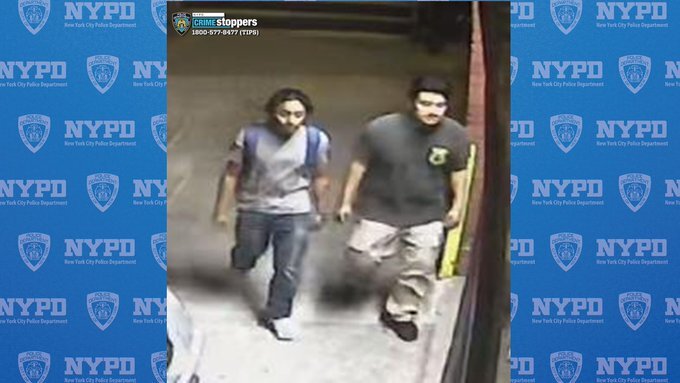Mayor Michael R. Bloomberg has called upon the State Legislature to pass legislation that would require all convicted criminals to provide DNA samples for inclusion in the State DNA Databank.
Currently, New York State has one of the weakest DNA Databank laws in the country and is one of only seven states that does not require DNA samples from all convicted felons. Pending legislation — if enacted — would make New York the first state in the country to require all convicted felons and misdemeanor offenders to provide DNA samples, adding an estimated 80,000 profiles to the Databank each year. The DNA legislation, also supported by Governor George Pataki, was passed in the State Senate in February and is currently pending in the State Assembly.
The law establishing the New York State DNA Databank was passed in 1996 and the Databank itself became fully operational in April 2000. The Databank is divided into two areas, a Forensic Index and a Convicted Offender Index. The Forensic Index contains DNA profiles extracted from crime scene evidence while the Convicted Offender Index contains the profiles of offenders convicted of certain crimes designated by state law. The DNA profiles in the Databank are constantly compared to each other to identify patterns among different crimes and matches between convicted offenders and crimes. Under current law, less than half of all convicted felons and approximately 6% of all convicted misdemeanor offenders are required to provide DNA samples for inclusion in the Databank.
Since the advent of the Databank, 1,478 New York City crimes have been the subject of DNA Databank matches or “hits,” 1,207 of them sexual assaults. Approximately 85% of the hits received on sexual assault cases have come from non-sex-related qualifying offenses. When the Databank was expanded in 2004, it immediately began matching offenders convicted of non-violent crimes like bail jumping and promoting prison contraband with violent crimes like rape and homicide.
New York City has invested more than $250 million in what will be the most advanced forensic DNA laboratory in the country. Scheduled for completion in November of 2006, this new state-of-the-art facility will greatly expand existing testing capacity, allowing for DNA analysis to be performed in all cases as business as usual, instead of just sex crimes and homicides. It will also be the first forensic laboratory in the country with the ability to perform a new type of “high sensitivity” analysis designed to extract DNA profiles from tiny samples left behind at crime scenes.

































